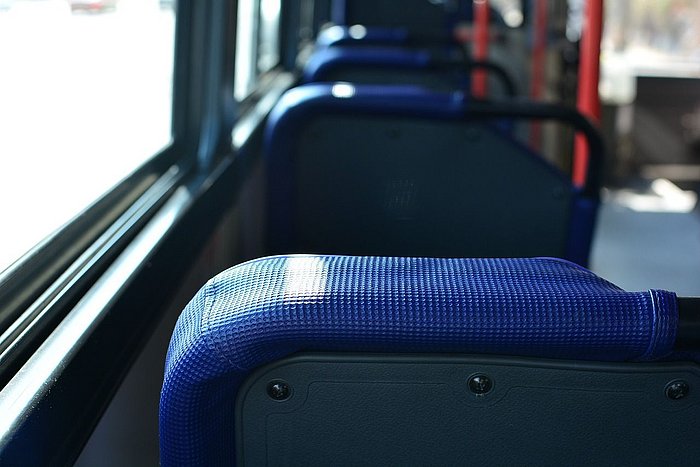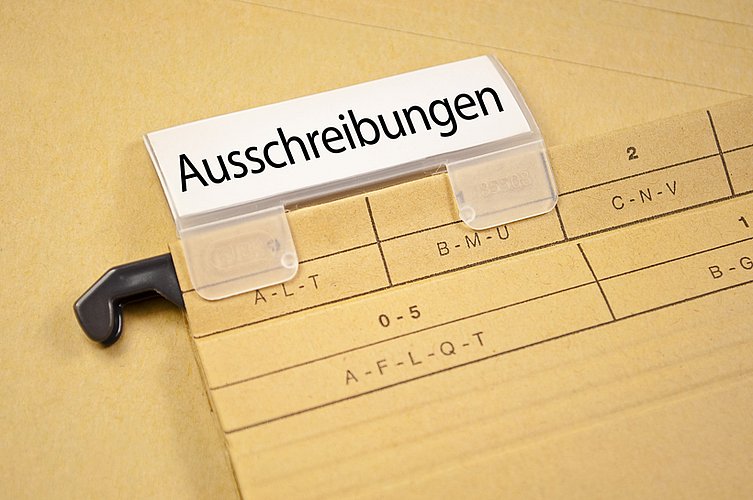Commission approves subsidies for electric buses
BRX Update: State aid December 2018
According to the EU Commission, the Federal Ministry of Environment (BMU) and the federal states may grant public transport companies subsidies totaling EUR 190 million until 2021 for the purchase of electric buses and charging infrastructures. The immediate action programme to modernize public transport is compatible with the EU State aid rules (Commission, decision of 26 February 2018, SA.48190 (2017/N); Commission, decision of 28 May 2018, SA.50776 (2018/N)).
Federal government participates in the modernisation of public transport with emission-free electric buses
The BMU intends to contribute up to 80% of the additional investment costs for approx. 600 new electric or rechargeable plug-in hybrid buses - instead of conventional diesel buses – under the "Guideline for the Promotion of the Purchase of Electric Buses in Public Transport". The buses powered by electricity from renewable sources are expected to reduce CO2 emissions by an estimated 45,000 tonnes per year. In addition, the BMU supports 40% of the additional investment costs that public transport companies incur by setting up charging infrastructures. The BMU is providing a total budget of EUR 155 million.
Federal states can also subsidize additional investment costs
A special clause provided for in the immediate action programme enables the federal states to make an additional contribution of up to EUR 35 million to the program set up by the federal government. At present, approx. 36,000 buses with diesel engines are being used by public transport companies. Due to the high investment costs, only a small number of electric buses have been purchased so far, mainly for testing purposes.
Subsidies constitute State aid
The Commission regarded the subsidies as State aid within the meaning of Article 107 para. 1 TFEU. The BMU favoures transport companies by exempting them pro rata from the costs which they would normally have to bear themselves. This measure has the potential to distort the internal market, as the national transport companies in Germany are competing with those from other Member States.
Subsidies for the purpose of CO2 reduction are compatible with internal market
The EU Commission approved the funding measure as compatible with the EU internal market pursuant to Art. 107 para. 3 lit. c) TFEU. It regarded the benefits of the non-repayable subsidies as being clearly greater than the distortions of competition caused by the aid, as the project serves the EU's environmental objectives of reducing CO2 emissions and improving air quality.
Purchase-related additional expenditure for electric buses and infrastructure can be compensated proportionally
With the aim of achieving a reduction in CO2 emissions, Germany is pursuing the general interest of climate protection. The proportionate subsidy is necessary because the purchase of an electric bus is nearly twice as expensive as the purchase of a diesel bus (additional costs of approx. EUR 270,000). Further, the purchase of diesel buses with the latest EURO VI standard would not be as effective as the purchase of electric buses, since electric buses are fully emission-free. The aid is also appropriate because the BMU contributes only 80 % of the additional costs resulting from the purchase of electric buses. Hereby the BMU ensures that the aid is limited to the additional expenditure for the purpose of climate protection. Any distorting effects of the subsidy on competition would be less significant than the serious concerns of environmental protection and would be negligible.
Conclusion
The EU Commission's supportive position on climate protection issues should not obscure the fact that there is always a risk of recovery for recipients of subsidies and grants. Especially in the case of the purchase of electric buses, public transport companies can therefore only be advised to comply with the sometimes complex and interlinked requirements of EU state aid and public procurement law as well as the requirements of the grant notices.






![[Translate to English:] [Translate to English:]](/fileadmin/_processed_/4/5/csm_Bild_der_Erde_aus_dem_Weltraum_Satellit_iStock_erweitert_32bc9df7de.jpg)





